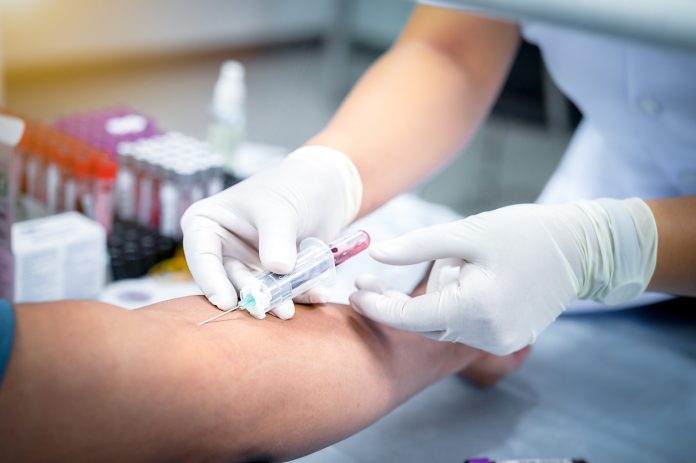Patients are set to benefit from advanced technology that significantly enhances bowel cancer diagnosis, potentially reducing the need for invasive procedures such as colonoscopies and biopsies
Early bowel cancer diagnosis is crucial, with 9 in 10 people surviving bowel cancer when it’s detected at stage 1, compared to just 1 in 10 when diagnosed at stage 4.
New technology, designed by Xgenera in collaboration with the University of Southampton, can detect bowel cancer earlier, improving diagnostic rates and saving the NHS time and resources.
Enhancing cancer care via the UK Government’s Plan for Change
As part of the Plan for Change, the UK Government is prioritising cancer care to improve the NHS, including reducing waiting times for lower gastrointestinal diagnoses. From July 2024 to February 2025, 76.6% of patients have received their cancer diagnosis or all clear within 28 days, an increase of 4% compared to the previous year.
The BowelBabe Laboratory, renamed in memory of campaigner Dame Deborah James, will bring together leading scientists to advance bowel cancer diagnosis. It will conduct innovative research and support the development of new treatments.
Secretary of State for Health and Social Care, Wes Streeting, said: “From my own experience, I know the devastating toll cancer can take on patients and families, and how many of them have been faced with long waiting lists to get the diagnosis and treatment they deserve.
We know that the key to surviving cancer is catching it as early as possible, so this government is taking the urgent action needed to make sure that happens through our Plan for Change, from developing world-leading technology to detect bowel cancer earlier to setting up hubs for the UK’s top scientists to research and treat the disease.
Dame Deborah James dedicated her life to raising awareness for cancer and finding ways that we can beat it, so it is only right that we honour her legacy by investing in research to help stop one of the country’s biggest killers.
And research is only one part of the work we’re doing. Our National Cancer Plan will transform cancer so patients can get the latest treatments and technology, ultimately bringing this country’s cancer survival rates back up to some of the best in the world.”
AI-driven blood test: A scalable, affordable solution to detect bowel cancer
The government has awarded £2.4m to progress the development of the AI-driven blood test miONCO-Dx, in collaboration with the National Institute for Health and Care Research (NIHR).
The test was designed using data from 20,000 patients and has proven to be a more cost-effective, faster, and scalable solution for bowel cancer diagnosis. The test will be assessed in a clinical trial of 8,000 patients, marking a significant step towards bringing the test to the NHS.
The test measures microRNA in a blood sample and uses AI to identify if cancer is present and, if so, where it is located in the body. Initial tests have produced promising results, showing that it can detect 12 of the most lethal and common cancers, including bowel cancer, at an early stage with over 99% accuracy. With no other trial currently working in the same way, this is a world leader and will support placing Britain at the forefront of revolutionising healthcare.
Professor Lucy Chappell, Chief Scientific Adviser at the Department of Health and Social Care (DHSC) and Chief Executive Officer of the NIHR said: “Innovations such as the mIONCO-Dx blood test offer an exciting new era in cancer detection with the potential for quicker, easier and more effective ways to detect cancers before they become more challenging to treat.
The NIHR supports initiatives such as these, utilising the latest technologies, including AI, to provide patients and the public with timely, accurate, and easily accessible options. Supporting the UK’s thriving life sciences sector is key to seeing these strides in diagnosis and early prevention.”
Professor Sir Stephen Powis, NHS national medical director, said: “This blood test has the potential to help us detect bowel cancer earlier and reduce the need for invasive tests, and the next step in this trial will now be vital in gathering further evidence on its effectiveness and how it could work in practice.
Dame Deborah James was a tireless and inspirational campaigner who helped change the national conversation on bowel cancer – it’s fitting that this lab in her name will drive forward research that could help thousands more people survive the disease.”











